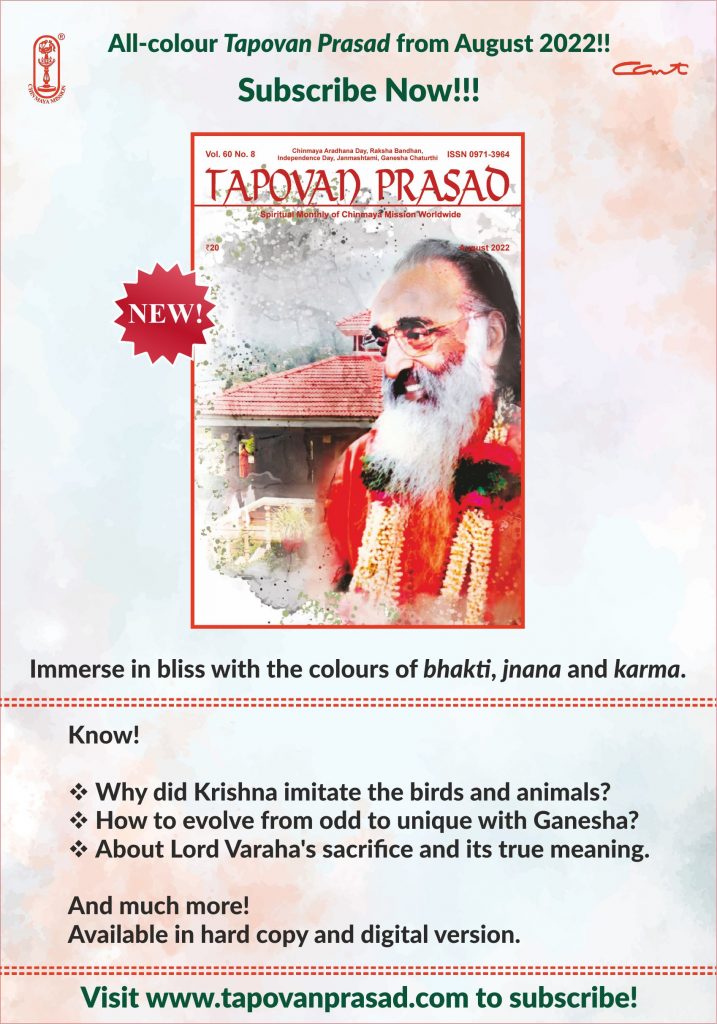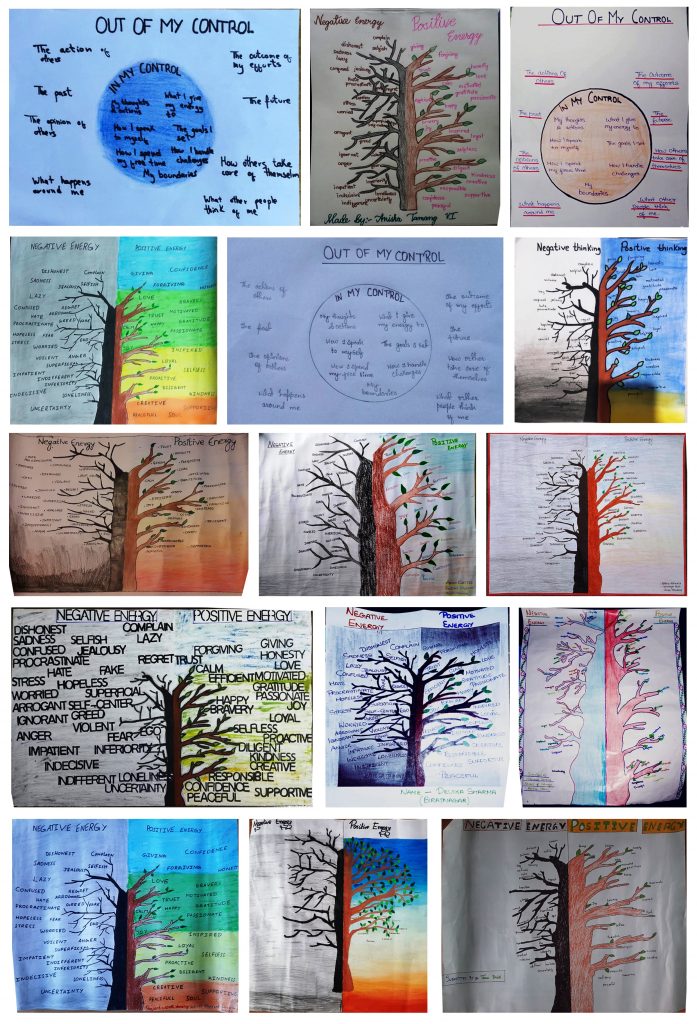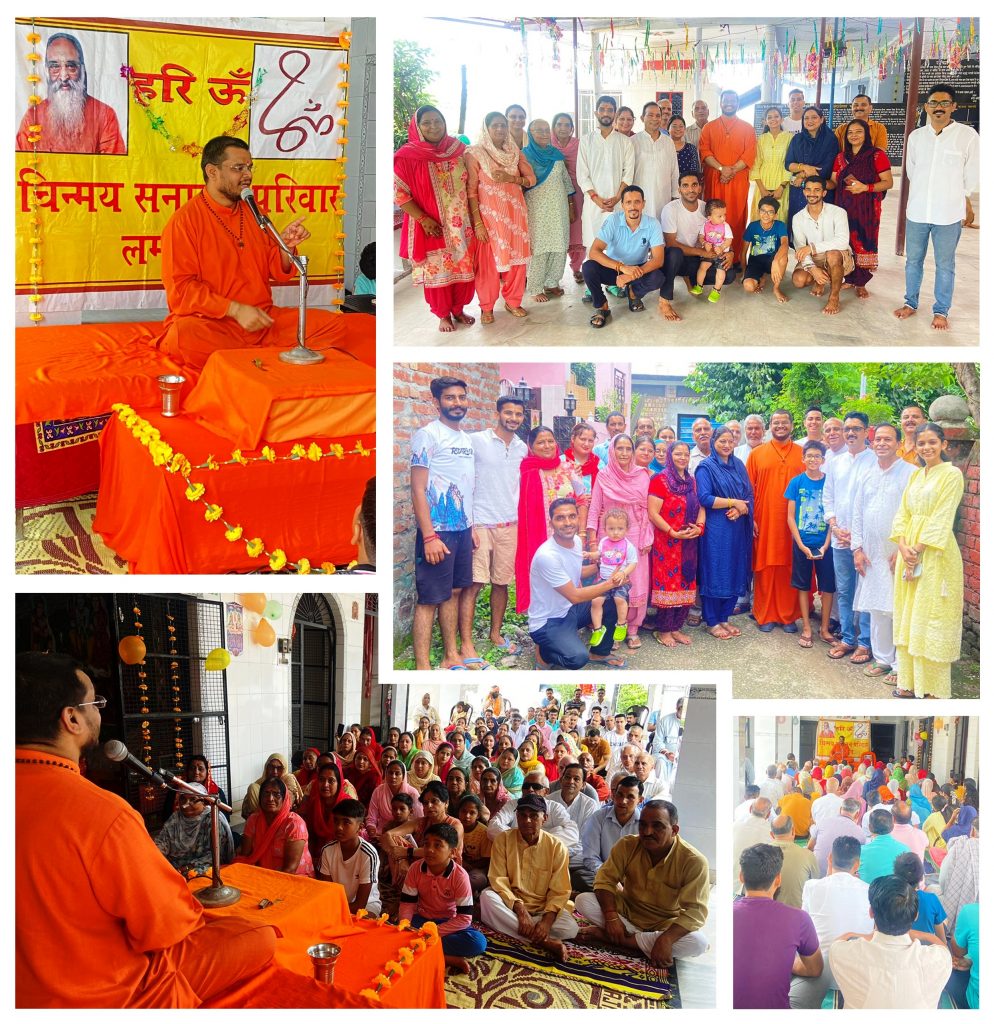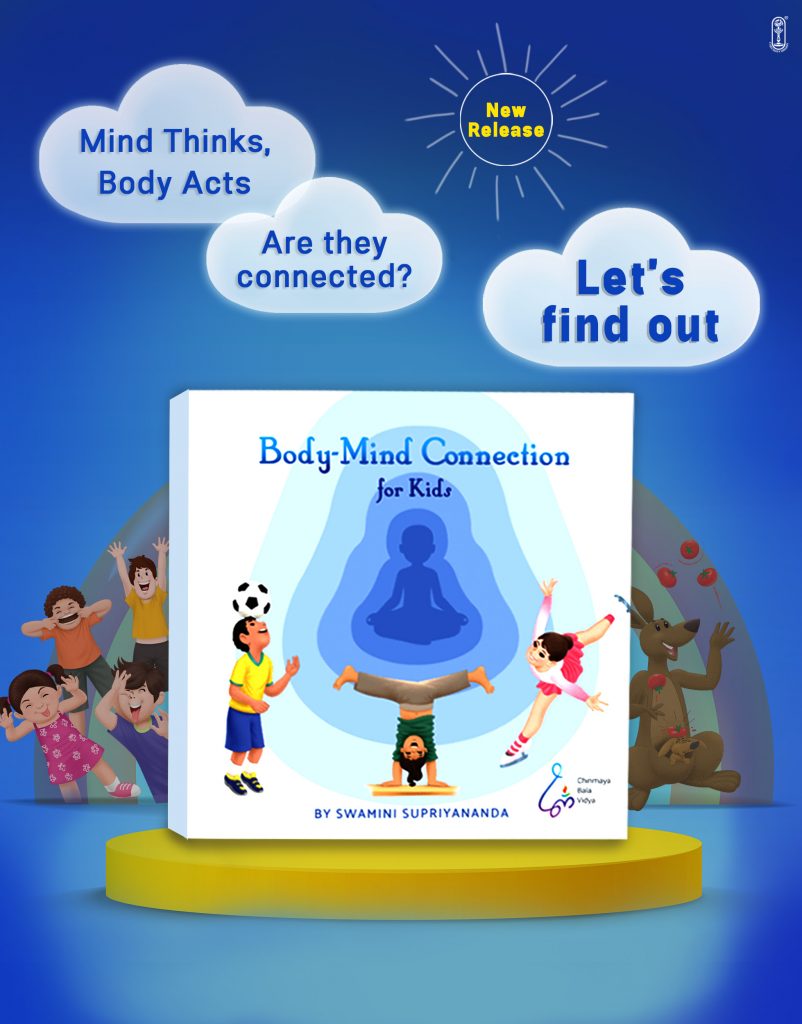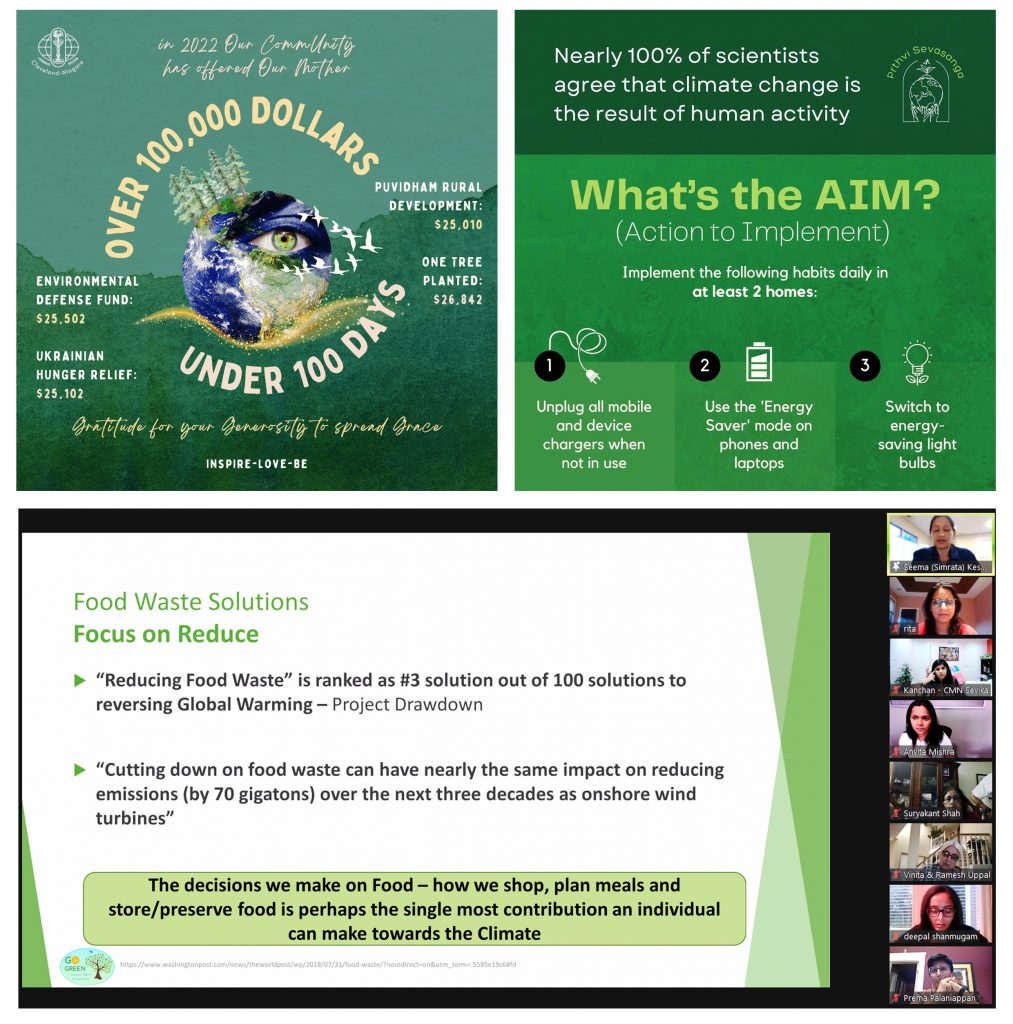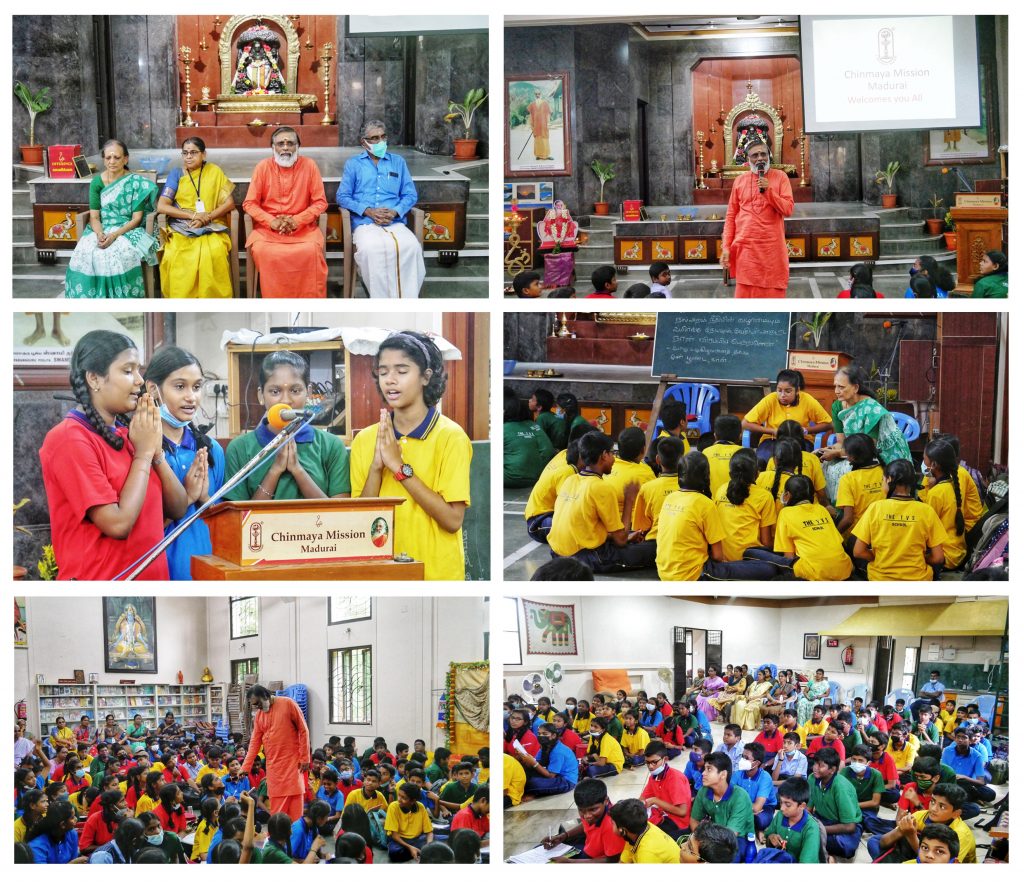Happiness is a subject dear to everyone’s heart. From womb to tomb, all our actions are in the pursuit of happiness. Yet there is no definitive answer as to why we want happiness.
We deceive ourselves into believing that the joy we seek lies in the materialistic objects of the world. We forget that what we have today is taken away from us tomorrow, causing us even greater misery. Through all this, we don’t realize that what our soul actually longs for – is happiness.
What is this happiness that we seek? We want everlasting happiness, but ironically, we knowingly seek it in ever-changing and impermanent prisms – changing people, changing situations and changing objects. Sometimes, in the blink of an eye, we face situations in which we lose our health, loved ones, and even life itself. Therefore, deep down we carry a sense of insecurity.
Is permanent happiness possible?
We seek permanent love, success, and deep down also a permanent life. We have received the precious gift of human life to recognize the difference between the permanent and the mortal.
The Bhagavad Gita reveals to us the eternal and shows us how to live happily here and now – not in some distant future. Shri Krishna’s message in the holy scripture simply states, “Be wise and refuse to be miserable.”
Life can be painful but it need not be sorrowful – there is a difference between the two. You may cut your finger and be in pain, but lamenting ‘why me’ or blaming situations and people results in suffering. In any situation, two people react differently – one is happy and the other sad. Similarly, happiness or misery is not inherent in any situation. Happiness is the art of right contact with life. Only that which is everlasting leads to permanent happiness.
We may lose our wealth but not our values. Responsibility comes to those who take charge, accept the challenge and are courageous. If life brings us such opportunities, then it is up to us to manage them well and transform failures into successes. This is true glory.
Shri Krishna enunciates the importance of having the right perspective on life. We are all here to be happy, then why do we create misery for ourselves? A famous saying makes this more explicit, “We can feel gratitude for the half we have got or be miserable for the half we don’t have.” Every situation can be viewed either as a problem or an inspiring opportunity for change.
Shri Krishna points out the way to the right action – focus on the work in hand and not wait until the end to be happy. Also, we are advised not to dwell on the result – success or failure. This one sutra in the Gita provides a perfect remedy. It is like a medicine capsule that explodes inside. This simple-looking statement produces results even if followed by a child.
The result does not depend on our whims and fancies but on the present action. If we spend time wondering whether we will be appreciated, criticized, or earn bonus points, then we will never enjoy the task. For instance, parents don’t think about whether or not their children will look after them when they grow old. They live in the present and simply enjoy their parenting responsibility. So if we live by the holy book’s principles, things will certainly work.
Enjoy the present, irrespective of the result. Sometimes it may be the way we want it, sometimes not; but if we have enjoyed the journey, we will happily reach the destination, making the task enjoyable and the travel worthwhile. An enjoyable action ensures an enjoyable result. If the action itself is a struggle, the result will not even be worth it. Struggle does not mean that there was no effort put in. It means we are not happy about the action. A miserable state develops when we are not present in the action itself but are busy listening and believing the ego talk in our mind.
This is a simple lesson, like the other lessons of life. Practicing them can be difficult if we do not understand them completely. Therefore, a proper study under the right teacher is required to convince the intellect. We may have expectations but we must understand that only dedicated work will bring the desired results. If expectation drives us to work, acceptance keeps us committed until the end. The result is always dependent on the action. If we learn to accept the result, we will enjoy whatever comes our way. This is infinitely better than complaining about what we did not get. Just enjoy the process. Do your best and accept the result. Is this not wisdom?
Make each moment happy. Find a silver lining in every cloud. This is a matter of attitude, which in turn is a matter of right knowledge.
Another pointer from Shri Krishna – remember that the people we love and those who love us are more valuable than the objects we often crave.
Smile and the world smiles back
In life, we should be willing to share whatever we have – smiles, compliments or talent. In turn, we will receive them back from others too. Our personalities should reflect the values and attitudes that we admire in others and not harbour those we do not like. Remember – values beget values.
Finally, spiritual progress is about how happy we are. It is about how much happiness we can give others, and how far we have progressed towards an ego-less state. We can discover happiness by living the wise, universal and simple sutras in the Gita. There is no age to be happy. Misery stems from attitude, not from situations or pains. Drop all judgmental attitudes; be humble and happy now!
Swami Swaroopananda
Global Head, Chinmaya Mission
